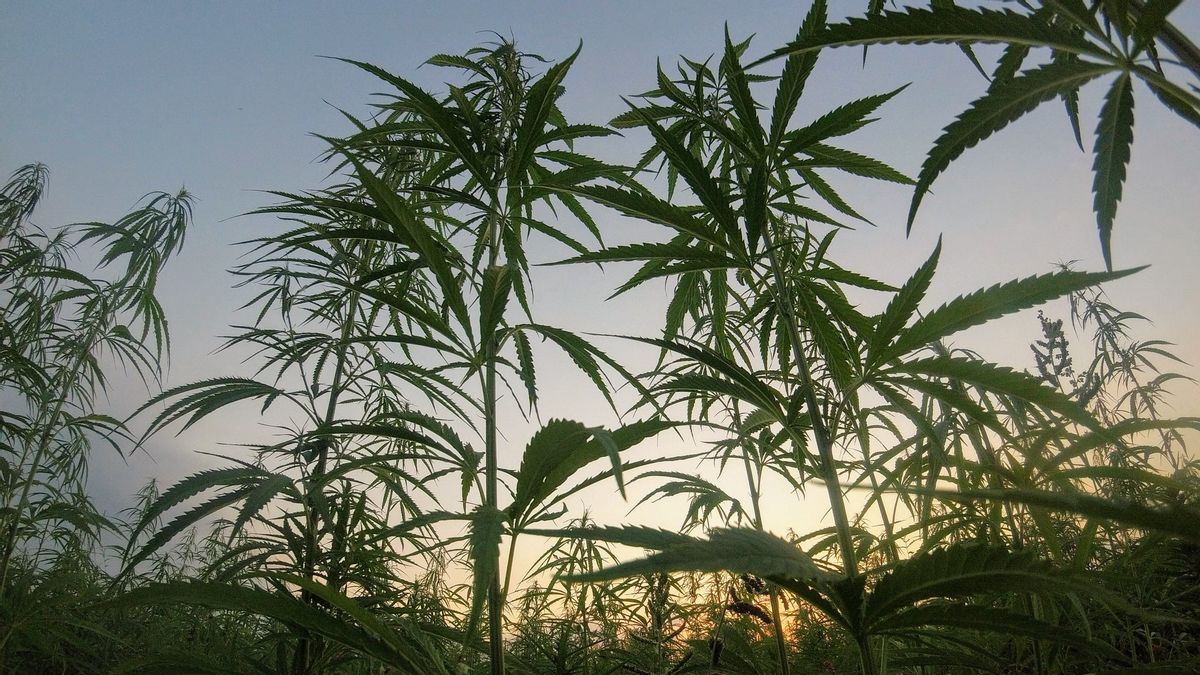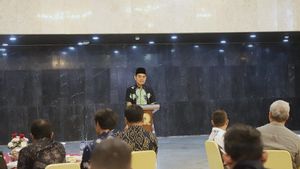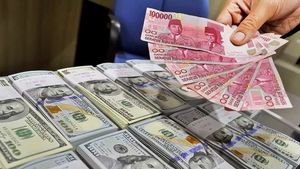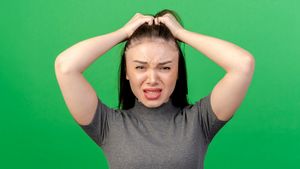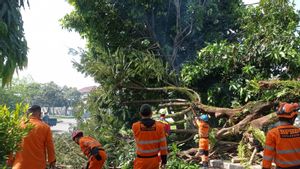JAKARTA - The United Nations (UN) Commission has unanimously removed marijuana from the list of the most dangerous drugs in the world. This is good news for all efforts to use marijuana in the world. This UN recognition is an important beginning to legitimize the health benefits of marijuana.
Launching CNN, Thursday, December 3, the United Nations Narcotics Commission approved the World Health Organization (WHO) recommendation to remove cannabis and cannabis resin from Agenda IV under the 1961 Single Convention on Narcotics. The designation of cannabis under Agenda IV places marijuana and its derivatives in the same category as heroin and other opioids.
Substances classified as Agenda IV are part of the list of drugs in Agenda I. By that classification, marijuana is considered not only "highly addictive and highly criminalized," but also labeled "extremely dangerous and of very limited medical or therapeutic value."
"This is good news for the millions of people who use cannabis for therapeutic purposes and reflects the realities of the growing market for cannabis-based medicinal products," a group of drug policy advocacy organizations said in a news release.
A vote held on Wednesday, December 2 decided that marijuana and cannabis resin were no longer classified as the most dangerous substances and recognized as having medical benefits. But they are still subject to restrictions under the Agenda I category.
"We welcome the long overdue recognition that marijuana is a drug," said Ann Fordham, executive director of the International Consortium on Drug Policy, in a statement. "However, these reforms are far from adequate given that marijuana remains wrong at the international level."
This move is largely symbolic and may not have a direct impact on how the government controls narcotics. But it could give a boost to efforts to legalize medical marijuana in countries that call for UN guidance.
The votes collected were 27-25 votes to reset the status of marijuana and cannabis resin. The United States (US), Great Britain, Germany and South Africa were among those voting in favor. Meanwhile, countries such as Brazil, China, Russia and Pakistan voted against.
Members also rejected four other recommendations from the WHO regarding cannabis and its derivatives, which included removing cannabis extracts and tinctures from Agenda I status and classifying the psychoactive component of cannabis, tetrahydrocannabinol, or THC.
Alfredo Pascual, an analyst for trade publication Marijuana Business Daily, said in a news release that "the message sent by the removal of Agenda IV cannot be overstated."
He added, "This is an implicit recognition of the therapeutic uses of marijuana and that marijuana is not as dangerous as it was believed some 60 years ago."
In 2019, WHO recommended in a report that "marijuana and cannabis resin be under strict control to prevent damage caused by cannabis use." But at the same time, WHO will not act as a deterrent to those undertaking research and development of cannabis for medical use.
However, the UN commission has not legalized marijuana. Marijuana is still listed among the "highly addictive and abusive" drugs. The WHO then recommended that cannabis remains under Agenda I control, as it recognizes the "high level of public health problems arising from cannabis use."
The English, Chinese, Japanese, Arabic, and French versions are automatically generated by the AI. So there may still be inaccuracies in translating, please always see Indonesian as our main language. (system supported by DigitalSiber.id)
